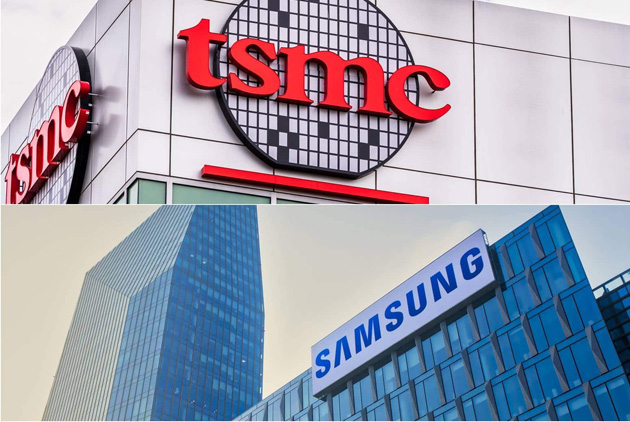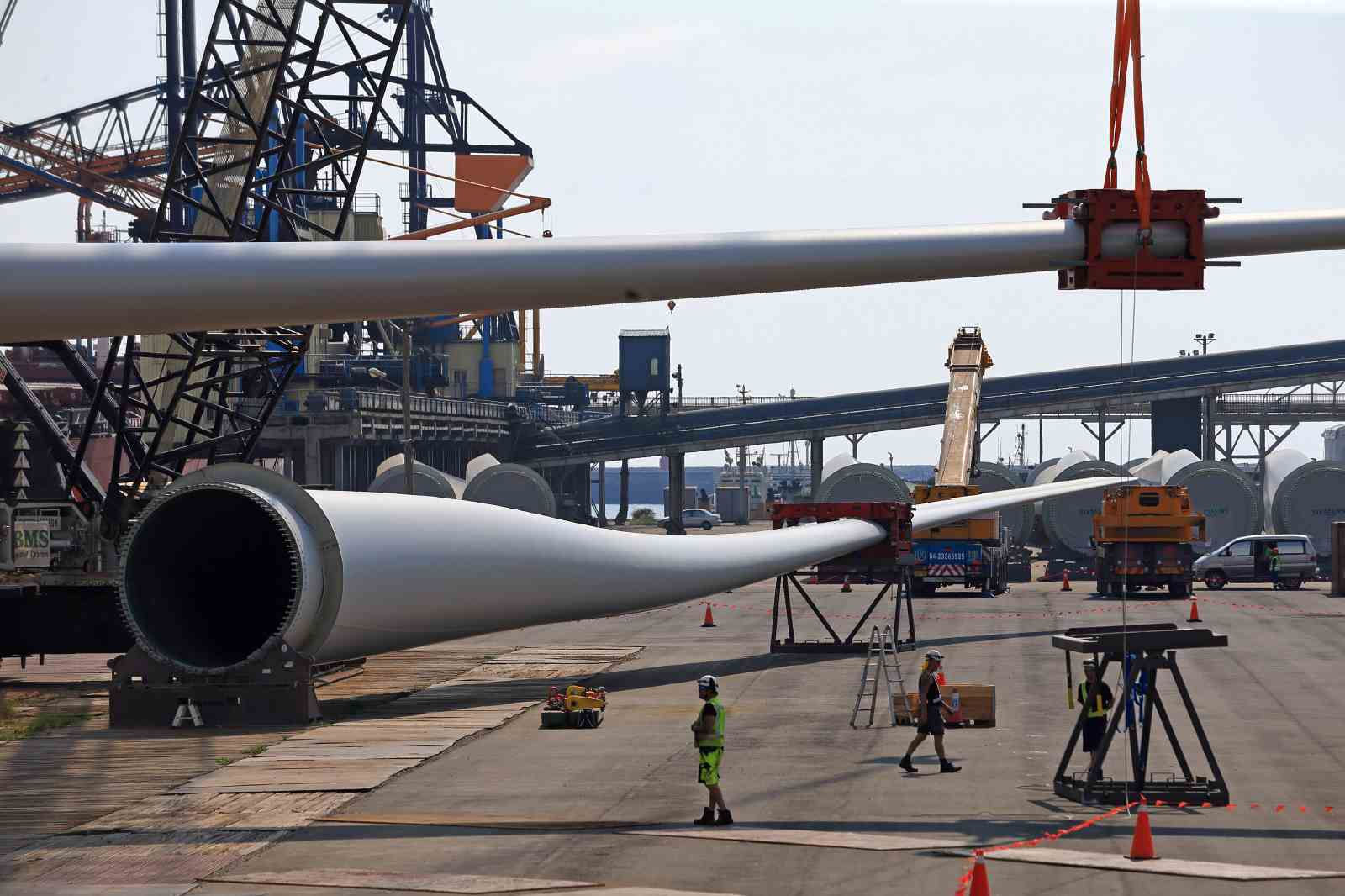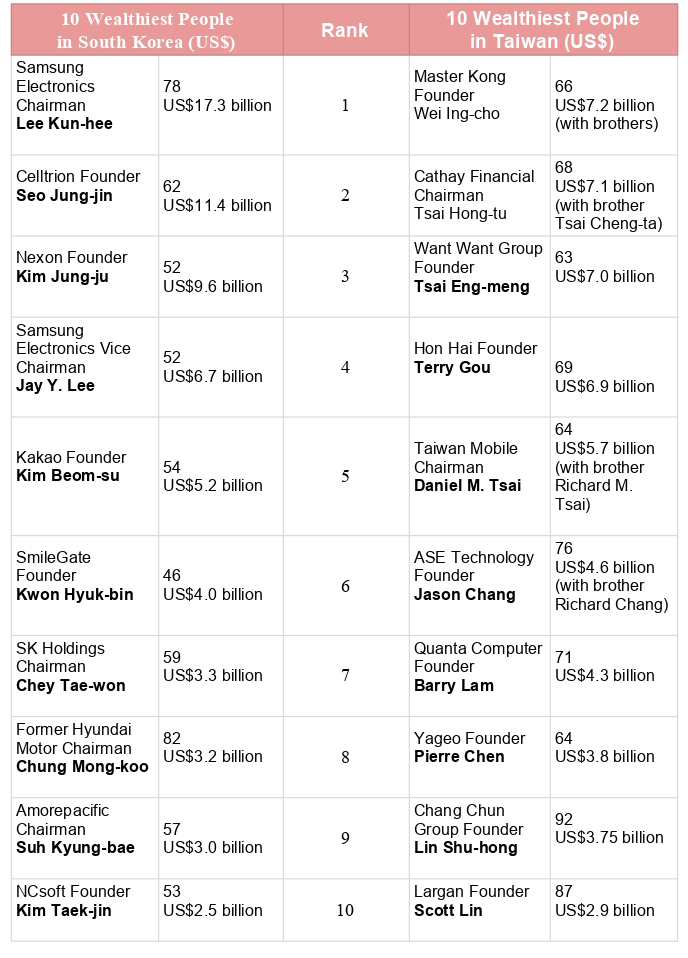What Korea Is Doing Right… and Taiwan Is Not

Source:Shutterstock
Taiwan’s economic growth may have edged Korea’s in recent years, but a substantial gap remains in per capita income. Its worrying lack of powerhouses in emerging industries will make it harder for Taiwan to make up ground.
Views
What Korea Is Doing Right… and Taiwan Is Not
By Liang-rong Chen/Sydney PengFrom CommonWealth Magazine (vol. 709 )
“Over the past 30 years, [Taiwan] has never had a policy that has successfully promoted emerging industries.”
That was the blunt assessment of Chu Wan-wen (瞿宛文), an adjunct research fellow who recently retired from Academia Sinica’s Research Center for Humanities and Social Sciences, in her book published earlier this year called “Taiwan’s Unsuccessful Transformation: Democratization and Economic Development.”
So when Chu saw CommonWealth’s comparison of the 10 most valuable companies in Taiwan and South Korea, she could only sigh and say: “This is a major warning for Taiwan.”
The two countries have similar economic structures, but where South Korea has created new engines of growth, Taiwan has not, indicating that “there are things that should be done that have not been done,” Chu said.
In the early 2000s, Taiwan launched two large-scale industrial incubation initiatives, one to develop WiMAX, the other one a “Two Trillion, Twin Star Plan” to build the semiconductor and flat panel display sectors into trillion Taiwan dollar industries and digital content and biotechnology into economic stars.
Those plans failed, according to Chu, and after 20 years, regardless of which political party ran the government, “pretty much all that’s left of these industrial policies are the slogans,” she said.
Many argue that the government should respect the free market and not get involved in industrial policies. The only sector-specific policy backed recently has been the push for offshore wind power, which was done to create an alternative to nuclear power.

The only sector-specific policy backed recently has been the push for offshore wind power, which was done to create an alternative to nuclear power. (Source: Chien-Tong Wang)
In contrast, there has been a high degree of consensus in South Korea to support industrial policies despite fiercely contested changes of power.
For example, the IT-839 initiative promoted in the early 2000s by late President Roh Moo-hyun has enabled the country’s digital economy to flourish. A similar biotech strategy pushed by Roh’s predecessor Lee Myung-bak laid the foundation for South Korea’s biotech sector to become Asia’s growth leader.
Industrial policy may seem superfluous to critics, but when effectively implemented as in South Korea it can improve the business environment for sectors with bright futures that need fertile soil for development.
Chu said South Korea’s moves to upgrade and diversify its industries have delivered far better results than Taiwan’s. That explains why it joined the club of countries with per capita incomes of US$30,000 in 2018, while Taiwan’s per capita income languished at US$25,917 in 2019, 17% lower than that of South Korea’s.
That overall gap has remained despite Taiwan’s economy performing slightly better than South Korea’s in recent years, and if Taiwan is truly intent on catching up, Chu said, the government must rekindle the ambition and strength of its emerging industries. “You can’t rest on your laurels,” she said.
A comparison of the list of the two countries’ 10 wealthiest people further reveals the lack of new blood among Taiwan’s richest entrepreneurs.
Koreans Join Forces to Boost Growth; what about Taiwanese?
The vast majority of Taiwan’s top 10 wealthiest people are over 65 years old, while seven of the Korean top 10 are under 60, many of them internet or video game moguls.
The youngest is Kwon Hyuk-bin, the 46-year-old founder of gaming company Smilegate. He has built his wealth on the company’s wildly popular CrossFire shooter games, said to be one of the most-played video games in the world.
Also noteworthy is that wealthy businessmen associated with South Korea’s longstanding family-owned conglomerates or chaebols, such as Samsung, Hyundai and SK Holdings, occupied less than half of the spots in the top 10 for the first time ever.
The decline in the influence of these chaebols also reflects a major structural change in the country – the government is no longer exclusively favoring them.
“Backing the chaebols is no longer politically correct,” Lee Keun, an economics professor at Seoul National University, told CommonWealth.
The country’s “upstart” conglomerates have given Korea a new image. When 62-year-old Celltrion Chairman Seo Jung-jin announced in January he would retire by the end of the year, for example, he said he would hand the baton to professional managers, guaranteeing that Korea’s biggest biopharmaceutical group would not become a family business.
Kim Beom-su, the founder of Kakao, South Korea’s biggest messaging app, is known for his antipathy to the traditional hierarchical structure of the chaebols. His own company only has three levels: CEO, department heads and regular staff, a real departure from the country’s corporate culture.
Yet if supporting the chaebols is no longer politically acceptable, why has South Korea’s president said he would help Samsung fight Taiwan’s TSMC, the biggest pure play semiconductor foundry in the world?
“Koreans are very conflicted,” Chu explained. “[When you mention Samsung], they feel a lot of pride but they also feel jealousy.”
In fact, since Moon Jae-in became president in 2017, prosecutors have investigated Samsung Electronics Vice Chairman Jay Y. Lee, indicting him for several crimes and putting him behind bars for a year. In May 2020, Lee publicly apologized and announced that his children would not inherit management control of Samsung.
This is South Korea – ambitious, competitive, and not afraid of conflict. But whenever national honor is at stake, it presents a united face to the world, and this unified embrace of old and new and government support for emerging industries are sending a warning – and an example of a pathway to success – for Taiwan.
Average Age of 10 Richest People – Taiwan 72, South Korea 59
Comparison of 10 richest people in Taiwan and South Korea in 2020

Source: Forbes
Have you read?
♦ In Search of the Next TSMC
♦ Does Taiwan Have Enough Power for TSMC?
♦ Taiwan Needs More than TSMC
Translated by Luke Sabatier
Uploaded by Penny Chiang






